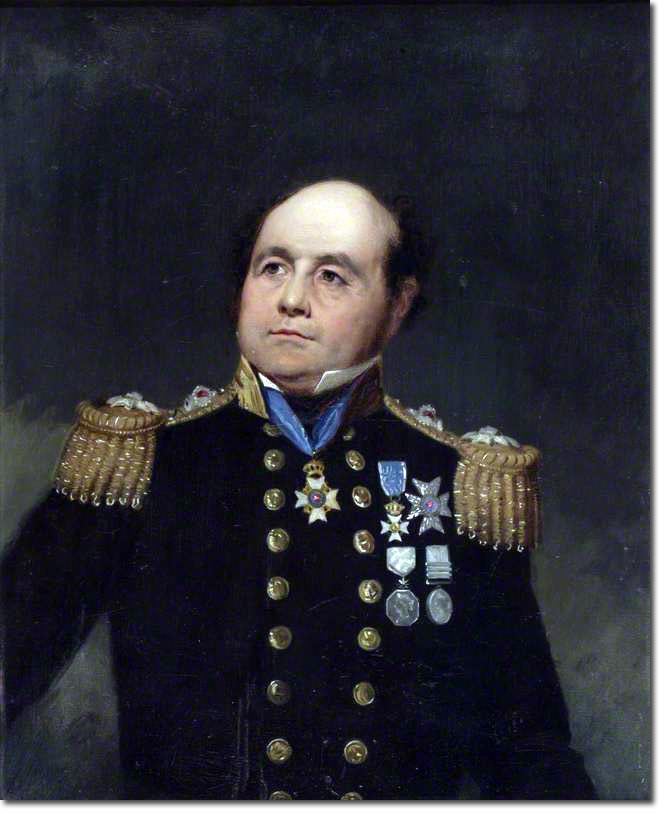|
|


|
|
Between 1823 and 1836 the colony at Van Diemen's Land had been under the rule of George Arthur, whose social reforms had alienated members of the small community. On his arrival in Hobart on 6 January 1837, Franklin quickly realized that he had inherited a gravely split and uneasy command. Although he was a deeply religious man who strove fervently to improve conditions among the convicts, Franklin's inexperience in administration hampered him severely. His steps to introduce a representative assembly to the colony were considered inappropriate by the British government in what was largely a penal station, and his preoccupation with improving social and educational facilities was unpopular with the Colonial Office. The situation was not improved by Lady Franklin, who undertook reform and education with a zeal that rendered her insensitive to or dismissive of the ominous rumblings of outrage against her husband from other government officials.
The outcome was that, when Franklin's period of office expired, he was not invited to continue, and he left Hobart on 3 November 1843. From the government's point of view, Franklin's six-year appointment was at best unsuccessful and at worst disastrous. The petty factions that had arisen from Arthur's rule had festered, goaded by the sly political manoeuvrings of the colonial secretary, Lord Stanley. But Franklin's sense of justice and compassion had made him a popular figure among many Hobart colonists, settlers and convicts alike. He had established a scientific society, and founded (and largely financed) a school, for which Dr Arnold of Rugby was requested to select a headmaster. He even attempted to prevent the extinction of the few surviving Aborigines, but what he could do was too little and far too late. |
Tasmania | Tasmania Administrators
Armed Forces | Art and Culture | Articles | Biographies | Colonies | Discussion | Glossary | Home | Library | Links | Map Room | Sources and Media | Science and Technology | Search | Student Zone | Timelines | TV & Film | Wargames